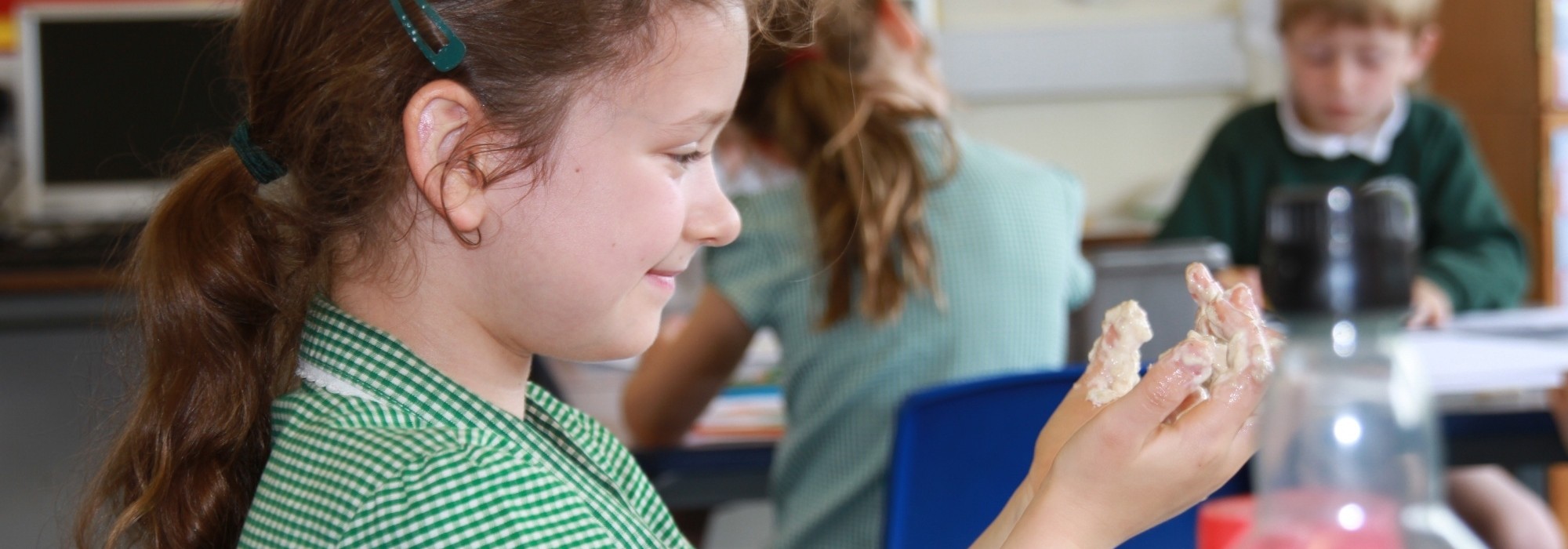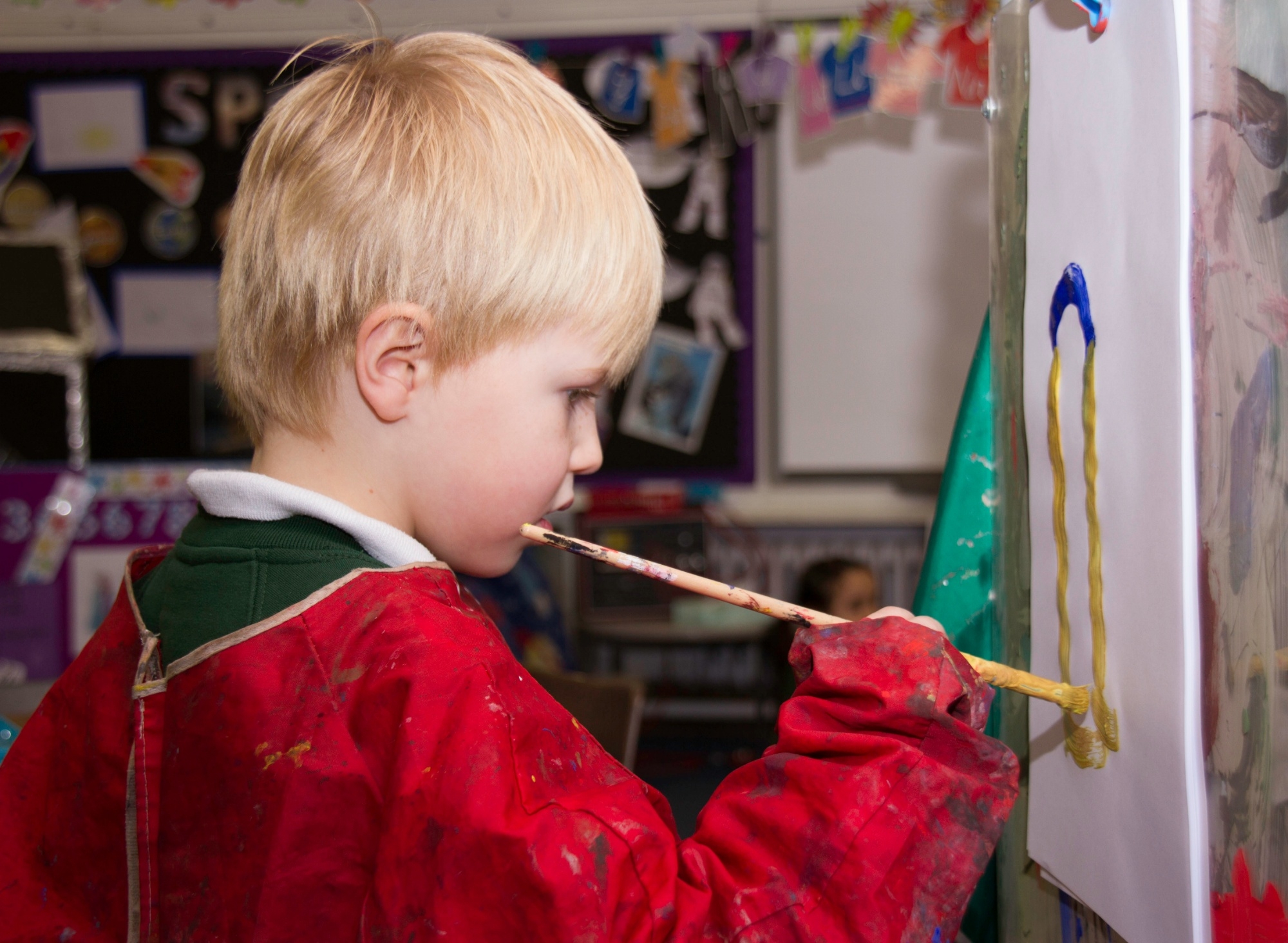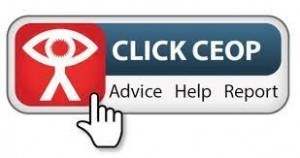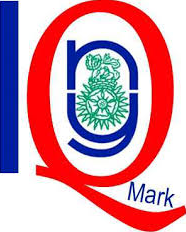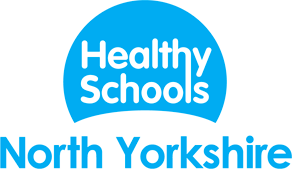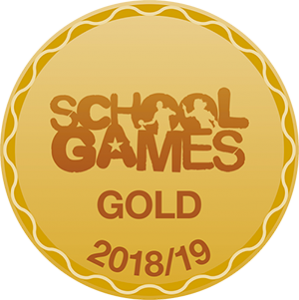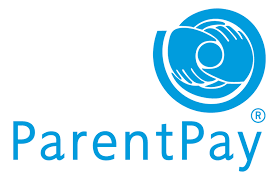We want to help all our children to be successful readers who love reading.
We hope that the information on this page will help you to understand our approach to reading and phonics, and give you ideas for how you can help at home.
If you have any questions about reading or phonics, please speak to your child's class teacher.
Phonics
At Willow tree we teach 'Synthetic Phonics' using the Letters and Sounds programme. The children learn how to read and spell words using their phonic knowledge. We use a wide range of teaching techniques and resources in our daily phonics sessions.
Tricky Words
We also encourage pupils to learn words 'by sight'. These words are the common words that are not easy to build up using phonic methods (the tricky words!) and need to be practised until they are instantly recognisable.
Reading Books
We have a wide variety of both fiction and non fiction reading books to enable children to develop reading skills and broaden their experience of different texts.
Children in the Early Stages of Reading will read books closely matched to the Phonics being taught. These books are from the 'Bug Club' Reading Scheme. Children will remain on these until they have learnt and are able to apply the phonics taught in Phases 2 to 5.
Following this all of our reading books are organised into 'Book Bands' which is a method used to group books according to their level of difficulty. Once your child can confidently apply their Phonics they will move onto a wider range of books which are still structured to help their reading development.
The children will move through the book bands in the following order as their reading skills develop.
After the children have moved through all of these levels they are given a 'free choice' of reading book from the extensive collection of fiction books and novels. The children are guided in their choice of book by their teacher to ensure they can access the text and understand the content. The children are encouraged to select books which cover a range of fiction and non fiction genres.

